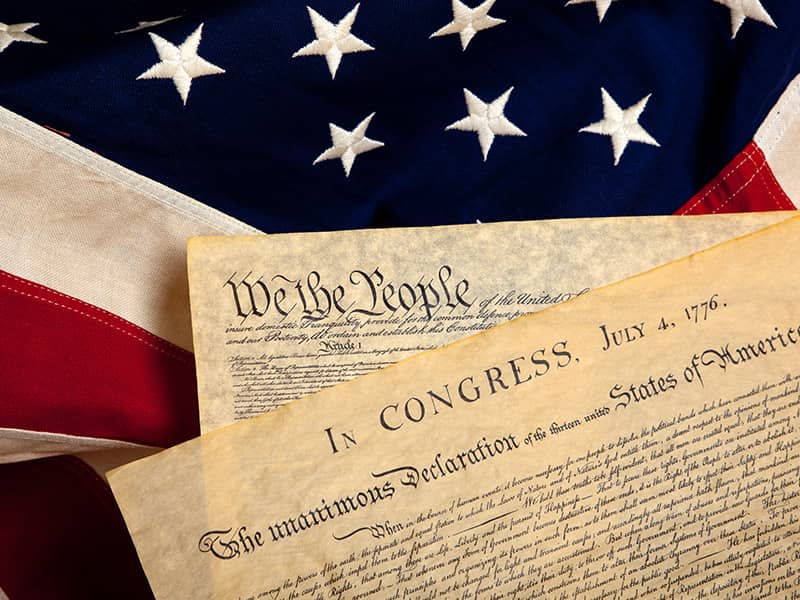But opponents who worry about breaching the wall between church and state continued to press their case against his proposal, which would allow religious groups to compete for billions of dollars in government grants.
``President Bush's new faith-based plan puts church and state on a direct collision course,'' said Ralph Neas, president of People for the American Way, one of many groups that are organizing to battle Bush's plan.
However, Bush said government must take advantage of groups that are doing good work.
``There are so many in need. The good news about America is there's so many willing to serve,'' the president said during a visit to a Washington religious vocational center. ``Sometimes the need is too great and the resources are too limited.''
The centerpiece of Bush's plan is modeled after similar efforts that previously have faced little opposition on Capitol Hill. The proposal also calls for a slew of tax breaks to encourage charitable giving.
But given the chance to involve religious groups in their welfare programs, most states have done little or nothing to steer contracts toward churches, synagogues and other religious organizations, proponents say.
Now Bush plans a major expansion of ``charitable choice,'' which has been limited to welfare, drug treatment and community development programs. The proposal Bush was scheduled to send to Congress Tuesday would open all federal grant programs to religious groups.
``Government will never be replaced by charities and community groups,'' the president said Monday. ``Yet, when we see social needs in America, my administration will look first at faith-based programs and community groups, which have proven their power to save and change lives.''
Bush also would allow some 80 million taxpayers who do not itemize their taxes to claim a deduction for contributions to charitable organizations, meaning they wouldn't have to pay taxes on the money they contribute.
On Monday, Bush signed a pair of executive orders creating a White House Office of Faith-Based and Community Initiatives and counterpart offices in five Cabinet-level departments to promote the new competition. He named John J. DiIulio Jr., a University of Pennsylvania political science professor, to head the White House office.
Under current law, religious groups must create separate organizations that do not promote religion or discriminate in hiring to compete for grants. So while a Catholic church is free to hire only Catholics for its staff, an affiliated, government-funded homeless shelter at the church may not consider religion when it hires its workers.
Critics complain that by breaking down these rules, Bush's plan amounts to government funding of discrimination.
``I don't want Bob Jones University to be able to take federal dollars for an alcohol treatment program and put out a sign that says no Catholics or Jews need apply here for a federally funded job,'' Rep. Chet Edwards, D-Texas, said in an interview.
But Edwards is one of only a few vocal opponents in Congress, and he predicts the initiative will ``fly through the House.''
``I hope we can help fine tune it as the jet is flying through,'' he said.
But the centrist Democratic Leadership Council touted its own support for similar religion-based programs, and opponents privately admitted that it's tough to persuade politicians to oppose funding for churches.
Backers say Americans looking for aid will have secular alternatives and that no organization will use tax dollars to preach religion.
``It can fund the soup, it can fund the shelter; it shouldn't fund the Bibles,'' said former Indianapolis Mayor Stephen Goldsmith, whom Bush named to the board of the Corporation for National Service, where he will help oversee the initiative.
Goldsmith estimated that, under Bush's plan, some $10 billion in government-funded services - such as after-school programs and domestic violence shelters - would be newly opened to participation by religious providers.
Charitable choice was first adopted as part of the massive 1996 welfare overhaul, and both sides agree it was largely overshadowed by higher-profile debate over fundamental changes to the welfare system. Backers faced little opposition as its provisions were quietly expanded to community service grants and drug treatment programs.
Still, states have been slow to involve religious groups in their welfare programs, according to a ``report card'' issued last fall by the Center for Public Justice, which supports the provision.
The center gave an ``F'' to 38 states, plus the District of Columbia, for failing to implement the law.
``In some cases, there's a presumption they don't have to follow it,'' said Stephen Lazarus, a researcher at the center. ``They don't understand this is part of the law.''

